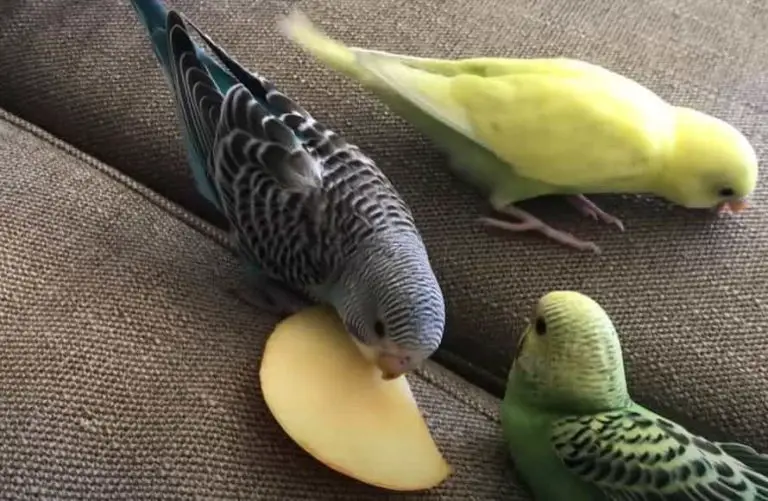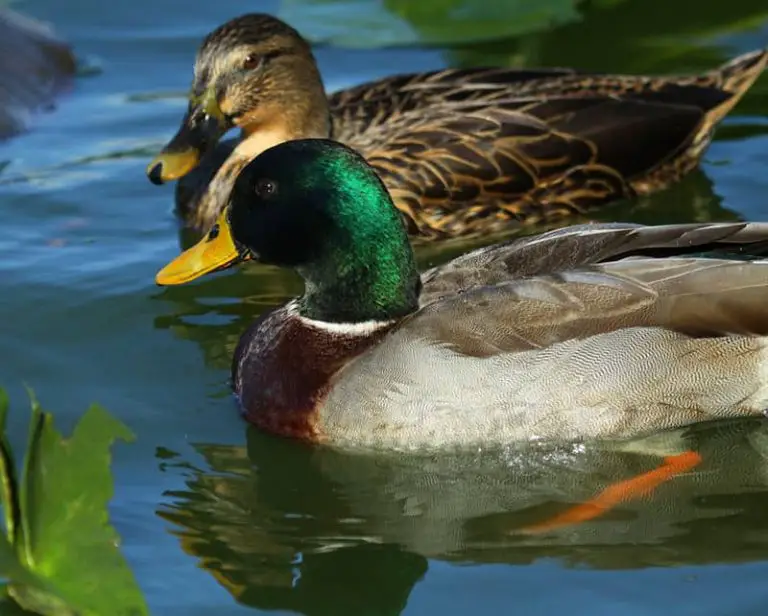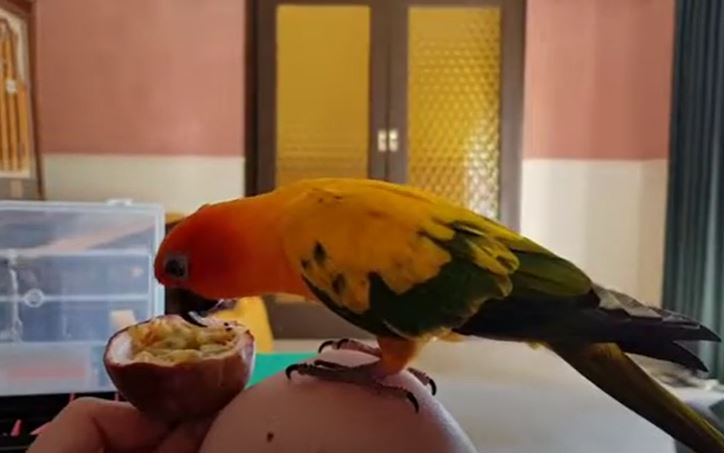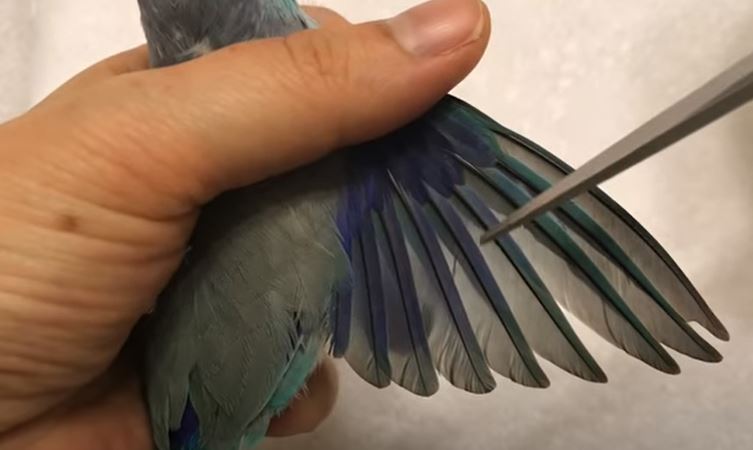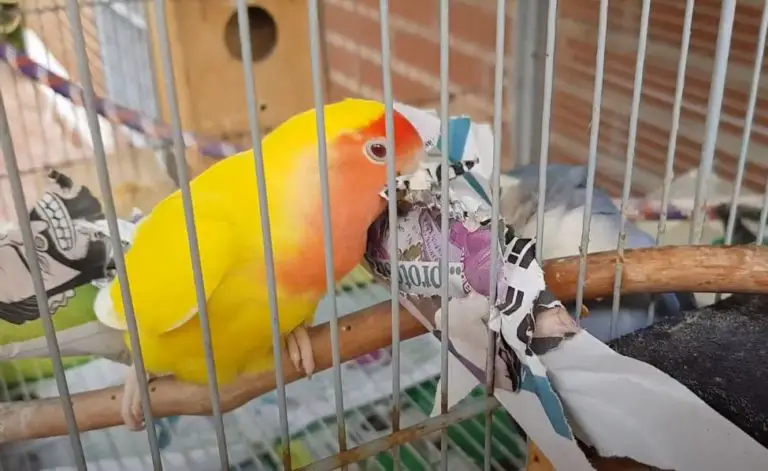Which Plants Chickens Won’t Eat and Which Ones Are Suitable?
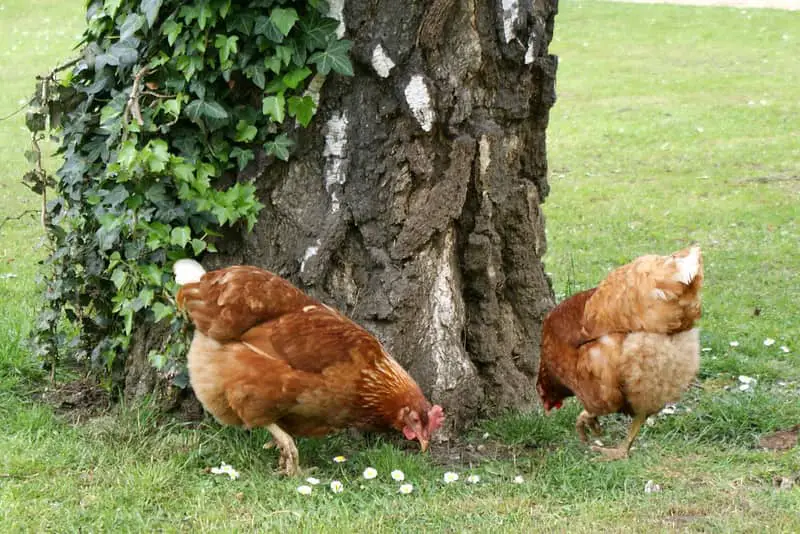
As a result, chickens generally self-aware of which plants are good for them and which are poisonous. Chickens do not eat poisonous plants if enough food is available.
So that they do not have any access to these plants in the first place, the chickens shouldn’t be planted in the poultry house. The following plants, among others, are particularly poisonous and cannot be eaten by chickens:
- yew
- fern
- thimble
- ivy
- hydrangea
- Johannis herbs
- lily of the valley
- horseradish
- Black deadly nightshade
- rhododendron
- delphinium
- hemlock
- Bryony
What flowers do chickens not eat?
I have some friends who have flowers around chickens and according to some conversations these are some of the flowers that chickens don’t eat:
- stonecrop (Sedum)
- roses
- lavender
- daylilies
- carnations
Ivy is also another flower that chicken doesn’t like to eat, some also told me that they have Marigolds and their chickens don’t eat her.
Chickens prefer bitter substances
When the henhouse is nice and green, it not only looks very nice. Chickens love green feed and choose their food with their sense of touch. With the help of numerous tactile bodies in the beak cavity, on the tongue, the edge of the tongue and in the throat, they know exactly what the food looks like.
They prefer plants with thick and delicate leaves. They only eat rough, tear-resistant, hard plants when nothing else is available. As for taste, chickens like bitter plants, such as dandelions or clover.
The size of the lining depends on the size of the beak and the width of the mouth. If the pieces of food are too big, the chickens will sharpen them with their beak on the ground until the piece is small enough to eat. This creates ugly turf in the run. In general, the scratching of the chickens puts a lot of strain on the grass. In this way, they expose roots and eat them too.
So that the run does not turn into a brown desert, the number of chickens should be adapted to the size of the run. But the structure of the run also plays an important role.
Which is not good for chickens either
For various reasons, the following feeds should also not be fed, or only to a limited extent:
- Spoiled or moldy things are just as harmful to chickens as they are to humans
- Strongly spicy and very salty dishes
- Cabbage is only tolerated in small quantities
- Long, hard blades of grass in large quantities can lead to constipation
- Grass clippings that are already muddy or fermenting; fresh, they are a real treat for chickens
- Poisonous plants (foxglove, yew, ivy, box, hydrangea,
hyacinth, rhododendron, clematis and nightshade family in their raw state (potatoes, aubergines, tomatoes, peppers, etc.) - Avocados (are poisonous to almost all living things except for humans)
- Due to the thiosulfates they contain, onions destroy the red blood cells and can cause anemia or jaundice if they are fed too much. In the worst case, this can also be fatal!
- No fruit with high vitamin C content such as lemons, oranges or kiwis; too much vitamin C can cause intestinal bleeding and lead to the death of the animals
- Sweets and chocolate are taboo for chickens because they lead to obesity and can have a negative effect on egg production. As with dogs, chocolate is even toxic to poultry because of the theobromine
Plants and feed poisonous for chickens
Chickens will eat most of the things you give them. They love delicacies from the kitchen and love to roam the garden in search of plants, bugs, and juicy worms. However, there are a few plants and feeds that can cause disease or are fatal to a hungry hen.
Below is a list of foods that should not be fed to your chickens.
- Plants belonging to the nightshade family – Species of the nightshade family include the potato, tomato, and eggplant. Solanaceae is the Latin name for these plants because they contain an ingredient called solanine. This is poisonous for chickens. However, solanine can be destroyed by boiling the plant. So basically any cooked potato or tomato is fine for your chickens. If you are concerned then it is better not to feed these plants to your chickens.
- Onions – When fed in large quantities, onions can cause anemia, jaundice, and sometimes even fatality. The reason for this is that they contain thiosulfates, which destroy red blood cells.
- Avocados – They contain toxic persin, which has been linked to heart muscle necrosis. The heart muscle tissue dies and the heart stops working.
- Apple seeds – The seeds contain hydrogen cyanide, which can be fatal to chickens. Any other part of the apple is fine. So if you give them apples, make sure they are seedless.
- Citrus fruits – they probably won’t kill your chickens, but they do cause a drop in egg production. Feeding in moderation is okay.
- Dried and Raw Beans – Uncooked beans contain hemagglutinin, which can be toxic to your chickens. Boiled beans are okay though.
- Chocolate and other sweets – Chocolate contains the toxin theobromine, which belongs to the group of methylxanthines. Just as too much sugar is bad for humans, too much sugar can make chickens obese, negatively affecting egg production.
- Salty foods – Chickens can get salt poisoning because they don’t usually consume a lot of salt.
Moldy Food – It should never be fed to chickens as the mold can cause disease and be fatal too. Overripe, wrinkled vegetables or stale bread are fine as long as there is no mold.
If you’re feeding treats like bread, cereal, and pasta, use them sparingly as these foods are low in nutritional value and can make your chickens overweight. Dairy products and too much iceberg lettuce can lead to diarrhea and should therefore only be fed in moderation.
Are cucumber plants safe for chickens?
There is no experience that cucumber is contraindicated for chicken health and egg laying. It is in the diet of laying hens that vegetables are included in addition to feed and cereals, it will get more nutritious eggs.
The shape of the chicken pen is also important
Chickens usually stay close to their coop. Therefore, the enclosure should not be a narrow corridor, but rather a square run. If this is not possible, at least the chicken house should be in the middle.
This makes the animals feel safer and can always return to a protected place. Bushes and trees also offer retreats. From an animal psychological point of view, different “areas of life” have a positive effect on the flock.
There is a strict social hierarchy in a flock of chickens, which sometimes makes it necessary to avoid each other. If the animals then have appropriate retreat options, this reduces social stress and thus ensures more peace and serenity in the chicken coop.
You can use different options, For example, to withdraw or to distance oneself from the others. This can be important especially after a rank fight. The different areas and accessibility give the animals freedom.
More confident through the right choice of plants
Chickens not only find a lot of minerals in the berry fruits of many shrubs that strengthen their immune system and improve the overall condition of the animals. When the animals pick the fruit, they stay active and vital.
For example, you jump in the air to reach higher branches. As a rule, the chickens cannot reach the upper part of the bushes, so that people can harvest their share here.
Since chickens really like the variety on the menu, hand-feeding them is worth trying. In this way, the animals can become a little more trusting over time. To make the run perfect and to keep the trunk free from vegetation, it is very helpful to have fine sand scattered around the trunk. this also offers the chickens the opportunity to take a sand bath.
Raspberries, blackberries, currants, mountain ash or sloes are a welcome change on the chicken’s menu and a healthy dietary supplement. But other shrubs that only serve as a privacy screen and shade can be planted.
It is important to protect the roots with stones at the beginning until the plants have grown properly. This usually takes at least two months. Once the bushes have grown, they can be kept in check with a regular cut. Different types of hedge trimmers are very helpful here.
Bushes or trees in the chicken run?
Clearly, the more stable the plant, the more suitable it is for the chicken run. Keep in mind that the hens will scratch around the plants, potentially digging them up.
It can also happen that the chickens peck at the trunk. Of course, trees can withstand this better than small bushes or shrubs.
However, if you plan to use bushes, protect the area around the roots and lower trunk from pecking or scratching attacks.
After planting the bushes or trees, you should first cordon off the area around the plant for several weeks until the plant has sufficiently rooted.
- When are bushes more suitable?
Bushes are suitable when you need fast-growing plants so that the chickens immediately benefit from optimal protection against predators and excessive sunlight.
- When are trees more suitable?
When the enclosure is big enough that the tree can grow and take root undisturbed. It should stand far enough away from buildings or from paved or concrete surfaces so that the roots do not damage the buildings.
Which plants are suitable for the chicken coop?
For the chicken run, you can use the following plants:
- Conifers
- Brambles
- Mountain ash
- Sloes
- Pine-like conifers
- Elderberry bushes
- Currant bushes
- Raspberry bushes

